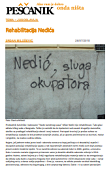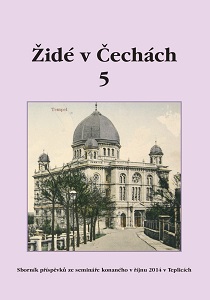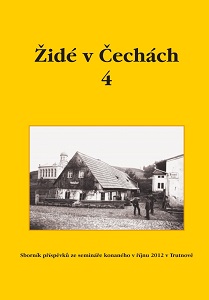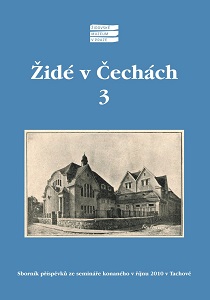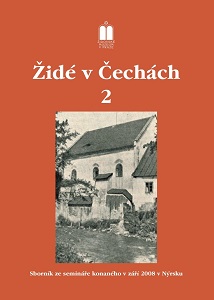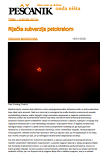
Riječka subverzija petokrakom
Među brojnim stvarima koje dijelimo u ovim postjugoslavenskim državama ističe se jedna zakonitost koja nikad neće omanuti. Radi se o tome da je nemoguće da prođe dovoljno vremena od raspada socijalističkog sistema, nakon kojeg bi mogli racionalno razgovarati o njegovim prednostima i manama, budući da nacionalistički histerici koji bdiju nad žarom kontrarevolucije pokušavaju zaustaviti vrijeme putem simboličkih ratova te nametanja cenzura i zabrana, nastojeći u krajnjoj liniji uspostavit totalitarizam u vidu ideološkog monopola i zabranjenih tema. O logičkoj neodrživosti takvog pristupa u kojem ti s jedne strane smeta socijalističko razdoblje jer ga ocjenjuješ kao totalitarno, a istovremeno bi zabranjivao memoriju, teme i simboličko nasljeđe, nema pretjerano smisla govoriti. Jednako onima koji razumiju o čemu je zapravo riječ, pa im objašnjenje ni ne treba, kao i ovima o kojima je riječ, jer je nemoguće da bilo kakvo objašnjenje razumiju.
More...
